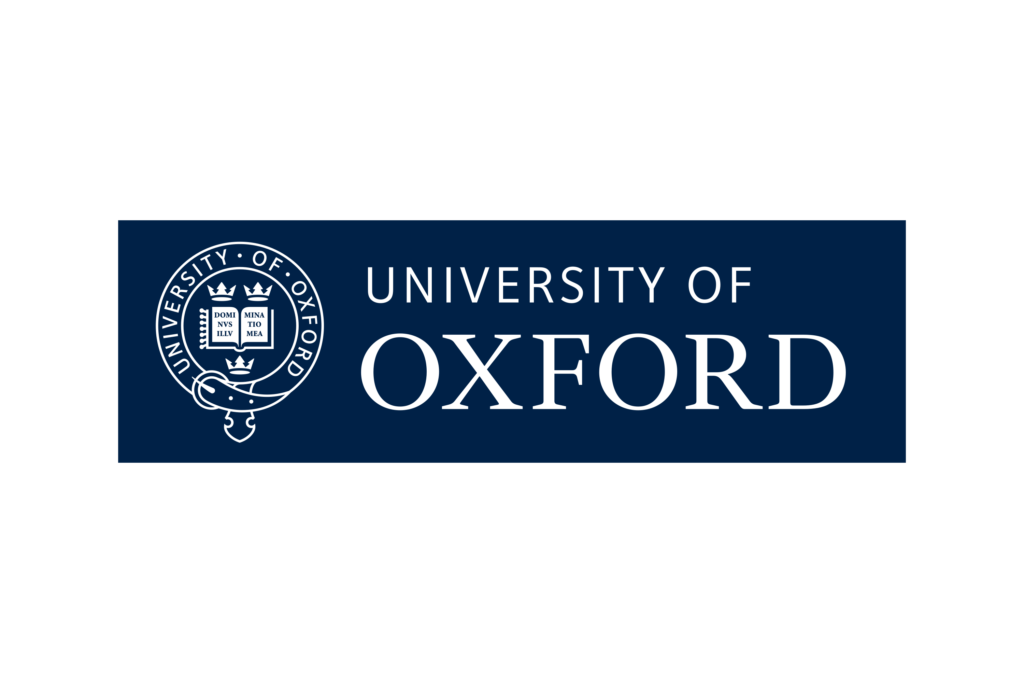
Faculty of English Language and Literature, University of Oxford
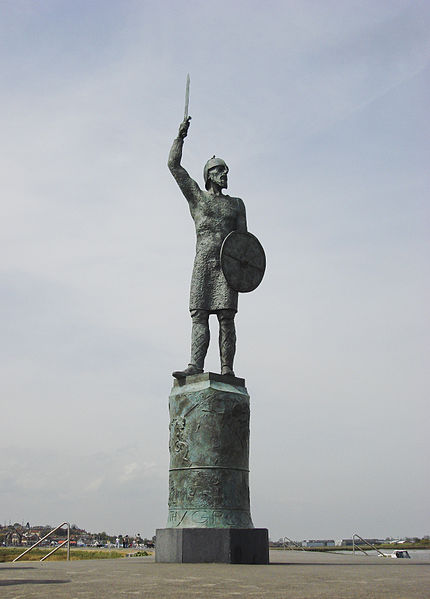
Prelims Paper 2 – Early Medieval Literature from 650 to 1350
This course introduces students to the stylistic features and artistic brilliance of Old English verse. The objective of this course is to teach students to identify, contextualise, and analyse the metrical patterns, the specialised poetic vocabulary, and other distinctive features of Old English poetry through close readings of set literary texts: Beowulf’s fight with Grendel from the epic poem Beowulf, The Wanderer, The Battle of Maldon, and The Dream of the Rood. In addition to studying the main features of Old English alliterative verse, students are encouraged to consider the manuscript context as well as the historical and cultural contexts of these important literary texts. This course is taught in college-based tutorials, and supplemented by Faculty lectures.
Assessment: Students are expected to write a critical commentary on a passage from one of the set texts, placing it in context and analysing significant points of content and style, and answer two essay questions within a three-hour timed exam.

Course II Paper 1 – Literature in English from 650 to 1100
The purpose of this course is to introduce students to the remarkable variety of Old English literature. As well as encountering major literary figures such as Cynewulf, King Alfred, Ælfric and Wulfstan, areas of study include heroic and epic narratives such as Beowulf; lyric and elegiac poetry; riddles, charms and prayers; biblical stories and saints’ lives; wisdom literature; travel narrative and romance; chronicles and histories; homilies and sermons; scientific, theological and philosophical writing; manuscripts and material culture. Students are encouraged to consider the Old English literary texts within a broad range of historical, cultural, linguistic, theoretical and critical contexts. This course is taught in college-based tutorials, and supplemented by Faculty lectures.
Assessment: Students are expected to answer three essay questions within a three-hour timed exam.
(Adapted from the English Language and Literature FHS Handbook 2020-2022. Faculty of English Language and Literature, University of Oxford, 2022.)
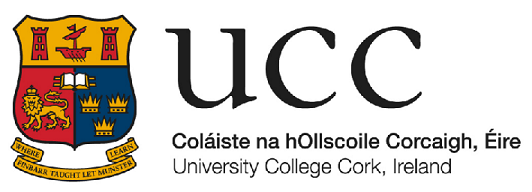
School of English, College of Arts, Celtic Studies and Social Sciences, University College Cork
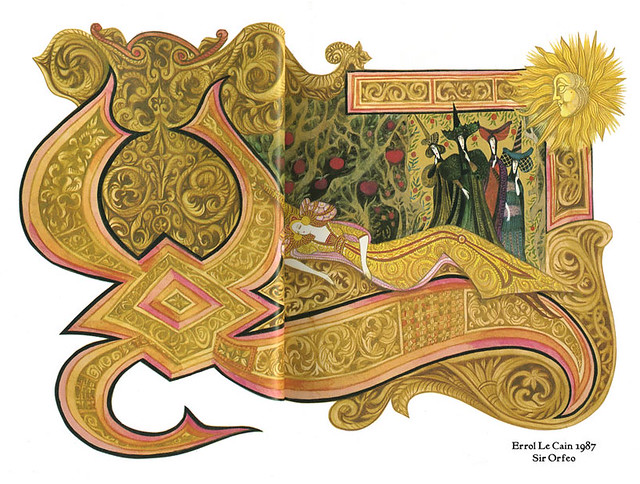
EN1002 Literature and Society: Medieval to Renaissance.
The objective of this course is to introduce students to the variety of English literature from the early medieval to the early modern period. Throughout the course, students encounter major and influential writers and texts, such as Beowulf, The Wanderer, Sir Orfeo, the General Prologue of The Canterbury Tales, and Twelfth Night and a selection of shorter poems from the sixteenth and seventeenth centuries. This course helps students develop an awareness of some of the generic and formal traditions running through medieval and Renaissance literature, and how writers responded to them. Students are encouraged to read and analyse medieval and Renaissance texts with a sense of their historical and cultural contexts. This course is taught in lectures, and supplemented by class tutorials.
Continuous assessment: Students are expected to complete two written assignments (two 1,500 word essays).
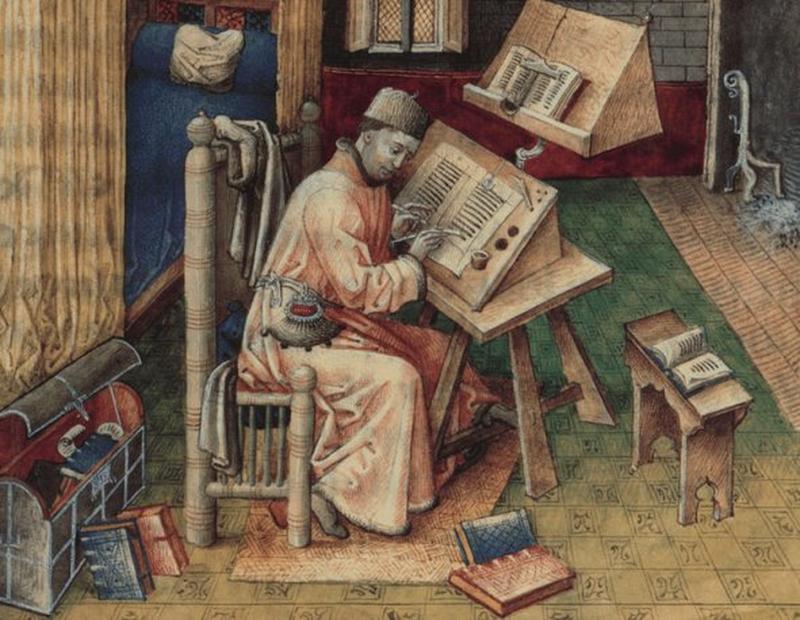
EN1101 Contexts: The Production and Reception of Literature and Film.
This course prepares students to understand the importance of contexts of literary production and reception in relation to literature and film across a range of periods and genres. In focusing on ideas of literary and film production and reception, this course will make students aware of how such contexts shape our understanding of narratives and their meaning. The course will consider a range of contexts for literary production and reception. These will include medieval and later manuscript culture, the relationship between theatre and audience in the early modern period, the impact of print and the rise of a mass market from the eighteenth century onwards, and the impact of new technologies, such as film and digital media.
Continuous assessment: Students are expected to complete two written assignments (two 1,500 word essays).
(Taken from BA in English at University College Cork: Information for First Year Students 2021-22. School of English, University College Cork, 2022.)
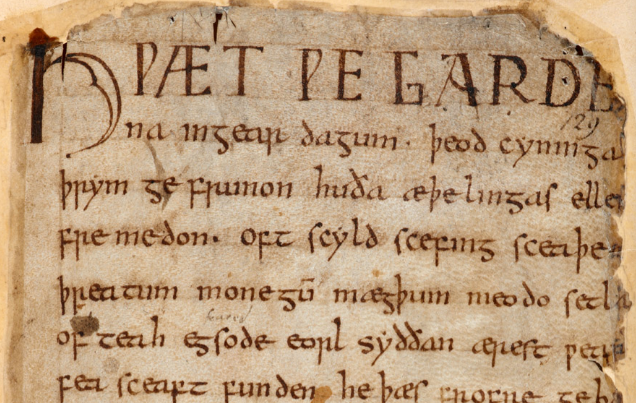
EN2012 Old English Language and Literature.
This course provides students with the linguistic competency to read and translate Old English to a high level of proficiency within the space of one academic term (October-December). During this course, students develop an awareness of the basics of Old English pronunciation, grammar and vocabulary and refine their language skills by reading and translating a diverse range of Old English texts, from accounts of battles to the famous Exeter Book riddles. This course is taught in lectures, and supplemented by class tutorials.
Assessment: This course is assessed by two timed examinations and one written assignment. Students are expected to read and translate Old English in two timed examinations (mid-term and end-of-term) and submit a written assignment that translates and critically engages with a passage from an Old English text.
(Taken from School of English Information Booklet for CK109 – BA English: Second Year 2021-2022. School of English, University College Cork, 2022.)